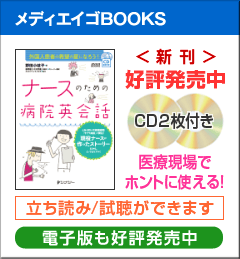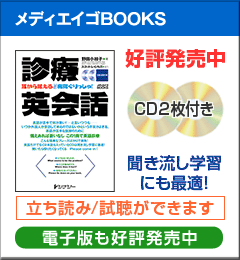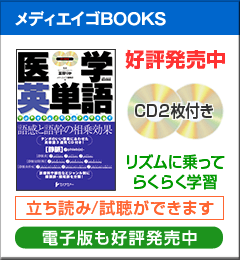

(C) The University of California
主任科学者のCharlotte Boettiger博士
アルコール依存症の人は,そうでない人と比べて衝動的な選択をしがちなことが明らかになった。アルコール依存症患者と健常者を対象とした研究で,今18ドルもらうのと,1カ月後に20ドルもらうのとどちらを選ぶか質問をしたところ,依存症患者では目の前の利益を選択した割合がはるかに多く,また,脳の特定部分の機能が低下していることもわかった。さらに,この機能低下には,化学伝達物質ドパミンを低下させる遺伝子変異がかかわっていた。この研究結果は,依存症の新しい治療法の考案に役立つかもしれない。(吉田素子)
Scientists have for the first time identified(1) brain sites(2) that fire up(3) more when people make impulsive decisions(4). In a study comparing brain activity(5) of sober(6) alcoholics(7) and non-addicted(8) people making financial decisions, the group of sober alcoholics showed significantly(9) more "impulsive" neural activity(10).
The researchers(11) also discovered that a specific(12) gene mutation(13) boosted(14) activity in these brain regions(15) when people made impulsive choices. The mutation was already known to reduce(16) brain levels of the neurotransmitter(17) dopamine(18). The newly found link involving(19) the gene, impulsive behavior(20) and brain activity suggests that raising dopamine levels may be an effective(21) treatment for addiction(22), the scientists say.
The research is reported in the Dec. 26, 2007 issue(23) of the “Journal of Neuroscience(24).”
Lead scientist(25) is Charlotte Boettiger, PhD(26), assistant professor(27) of psychology(28) at the University of North Carolina at Chapel Hill. Boettiger led the research as a scientist at UCSF's Ernest Gallo Clinic and Research Center. Senior author(29) is Howard Fields, MD(30), PhD, a UCSF professor of neurology(31) and an investigator(32) in the Gallo Center. He also serves as(33) director of the UCSF Wheeler Center for the Neurobiology(34) of Addiction.
“Our data suggest there may be a cognitive(35) difference in people with addictions,” Boettiger said. “Their brains may not fully process the long-term consequences(36) of their choices. They may compute information(37) less efficiently(38).”
“What’s exciting about this study is that it suggests a new approach to therapy(39). We might prescribe(40) medications(41), such as those used to treat Parkinson’s or early Alzheimer’s disease(42), or tailor(43) cognitive therapy(44) to improve executive function(45)” she added.
(1) ~を初めて特定した (2) 脳の部位 (3) 活性化する (4) 衝動的な決断をする (5) 脳の活動
(6) 酔っていない (7) アルコール依存症患者 (8) 依存症でない (9) 有意に (10) 神経活動 (11) 研究者
(12) 特有の (13) 遺伝子変異 (14) 促進した (15) 脳の領域 (16) 減らす (17) 神経伝達物質
(18) ドパミン (19) ~を含む (20) 行動 (21) 効果的な (22) 依存症 (23) 発行(物) (24) 神経科学
(25) 主任科学者 (26) 博士(=Doctor of Philosophy) (27) 講師 (28) 心理学 (29) 主席著者
(30) 医学博士(=Doctor of Medicine) (31) 神経学 (32) 研究者 (33) ~を務める (34) 神経生物学
(35) 認識(認知)上の (36) 長期的結果 (37) 情報を処理する (38) 効率的に (39) 治療 (40) 処方する
(41) 薬剤 (42) パーキンソン病または早期のアルツハイマー病 (43)(~A to B)AをB(するため)に合わせる
(44) 認知療法 (45) 遂行機能


